The town of Bawku, located in the Upper East Region of Ghana, has long been a flashpoint of ethnic tensions and violent conflict. Over the past two decades, sporadic clashes have erupted between factions of the Kusasi and Mamprusi ethnic groups over chieftaincy and traditional authority. In recent years, however, the conflict has taken a more intense and violent turn, with multiple fatalities, destruction of property, and heightened insecurity in the area. The Ghanaian government has responded with several interventions aimed at restoring peace and stability, but the path to lasting resolution remains fraught with challenges.
Background to the Conflict

The root of the Bawku conflict lies in a protracted dispute over the legitimate custodianship of the Bawku skin (chieftaincy). The Kusasi people claim historical rights to the skin based on colonial-era recognition and post-independence legal decisions. On the other hand, the Mamprusi argue that their traditional overlordship predates colonial interventions and entitles them to the skin.
What began as a disagreement over traditional leadership has evolved into broader ethnic, political, and socioeconomic divisions. The chieftaincy issue has become deeply embedded in community identity, with each side unwilling to compromise, leading to periodic flare-ups of violence.
Recent Incidents of Violence
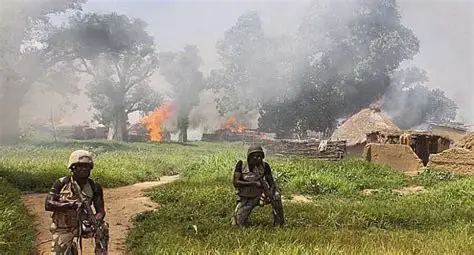
Since 2021, the Bawku conflict has intensified significantly. Reports indicate:
- Frequent gunfire and armed confrontations, often resulting in civilian casualties.
- Attacks on security personnel, with soldiers and police officers occasionally caught in the crossfire or targeted during peacekeeping operations.
- Curfews and lockdowns, which have disrupted education, healthcare delivery, business activities, and daily life.
- Forced displacements, with hundreds of residents fleeing their homes due to fear of reprisal attacks or general insecurity.
The impact of this violence extends beyond Bawku itself, affecting neighboring communities and straining relations across the wider Upper East and Northern regions.
Government Interventions
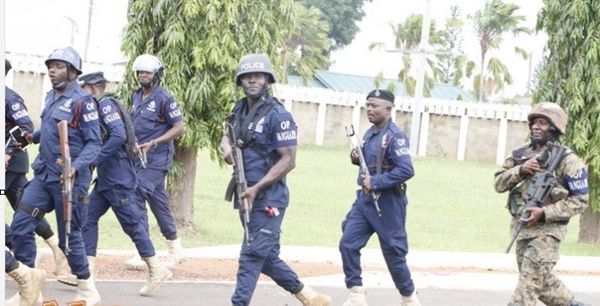
The Government of Ghana, through both national and regional security agencies, has deployed a number of interventions to quell the violence and promote reconciliation:
- Military and Police Deployment: The government has stationed joint military and police task forces in Bawku under the “Operation Calm Life” initiative. Armored vehicles and drones have been deployed to monitor and respond to threats.
- Imposition of Curfews: The Ministry of the Interior has enforced strict curfews in the municipality and its environs, often ranging from dusk to dawn, in a bid to restrict movement and curb night-time violence.
- Ban on Motorbikes and Wearing of Smocks: Due to the use of motorbikes in carrying out attacks and the wearing of smocks to conceal weapons, local authorities have temporarily banned these practices to aid security operations.
- Engagement with Traditional Leaders: The National Peace Council and Regional Security Council (REGSEC) have held several mediation sessions with traditional leaders and community representatives from both sides of the divide.
- Support for Victims: Relief and support have been extended to displaced persons and victims of the conflict through the National Disaster Management Organization (NADMO), although many residents argue that the assistance has been inadequate.
Challenges and Criticisms
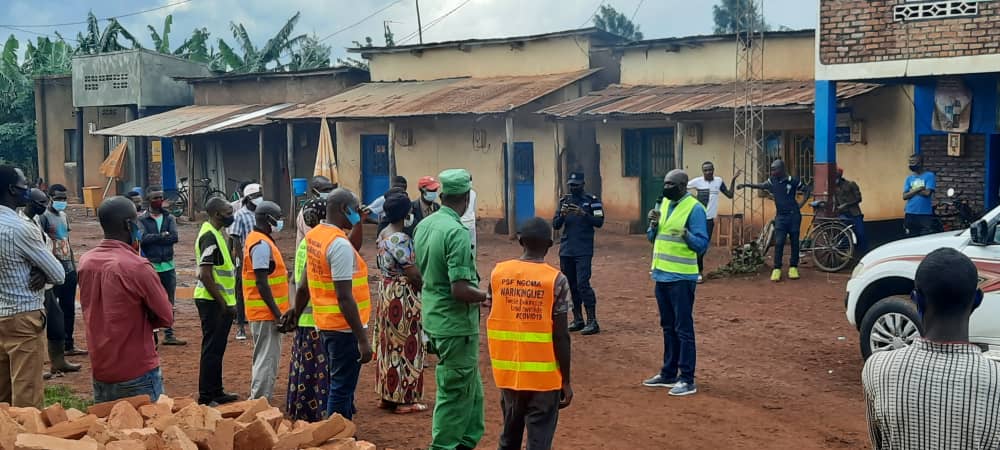
Despite these efforts, many critics argue that government interventions have been reactive rather than proactive. Key challenges include:
- Lack of Political Will: Some accuse the government of being hesitant to fully address the root causes of the conflict due to political sensitivities and fear of alienating powerful ethnic constituencies.
- Insufficient Community Involvement: Local peace-building efforts are often underfunded or sidelined in favor of top-down security measures, which may not always be effective in addressing cultural grievances.
- Trust Deficit: There is deep mistrust between communities and even toward the security forces, with accusations of bias and abuse further complicating peace efforts.
The Way Forward
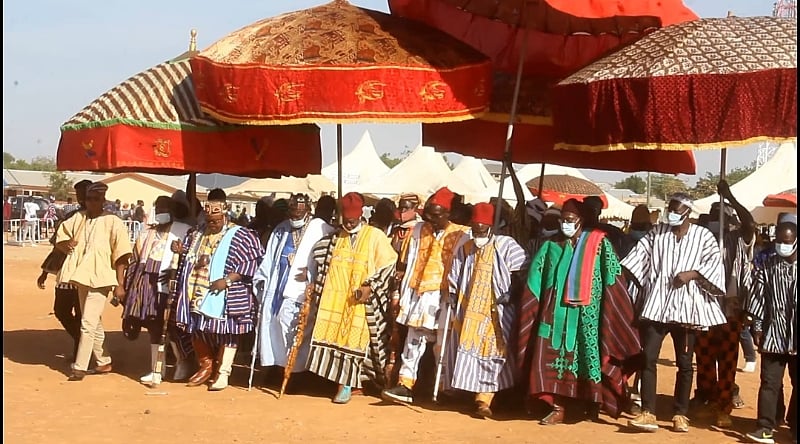
Experts and peace advocates suggest that a long-term resolution to the Bawku crisis requires a multi-dimensional approach:
- Inclusive Dialogue: Genuine and sustained dialogue between all stakeholders, including youth, women, religious leaders, and civil society, must be prioritized over sporadic mediation sessions.
- Legal and Historical Clarification: A definitive legal and historical clarification on the chieftaincy claim, possibly through an independent commission, could provide clarity and prevent manipulation of historical narratives.
- Economic and Social Investment: Addressing the high levels of poverty, unemployment, and underdevelopment in the area can reduce the allure of violence and foster communal cooperation.
- Peace Education: Long-term civic and peace education in schools and communities can challenge prejudices and foster a culture of tolerance and coexistence.
Conclusion
The violence in Bawku remains one of Ghana’s most complex internal security issues. While government interventions have helped manage the situation temporarily, sustainable peace will require a holistic and community-centered approach. With the right mix of political courage, cultural sensitivity, and local empowerment, Bawku can move beyond its troubled past toward a future of peace, development, and unity.


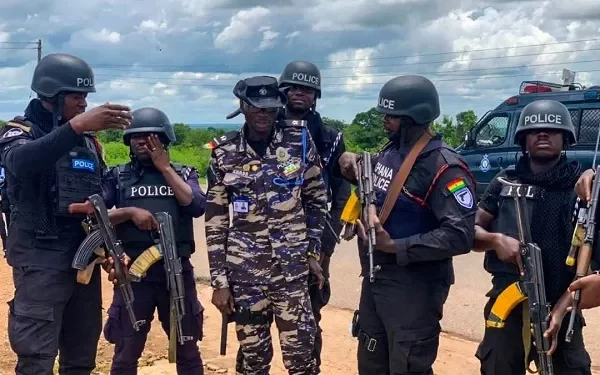
Can you be more specific about the content of your article? After reading it, I still have some doubts. Hope you can help me.
Thank you for your sharing. I am worried that I lack creative ideas. It is your article that makes me full of hope. Thank you. But, I have a question, can you help me?